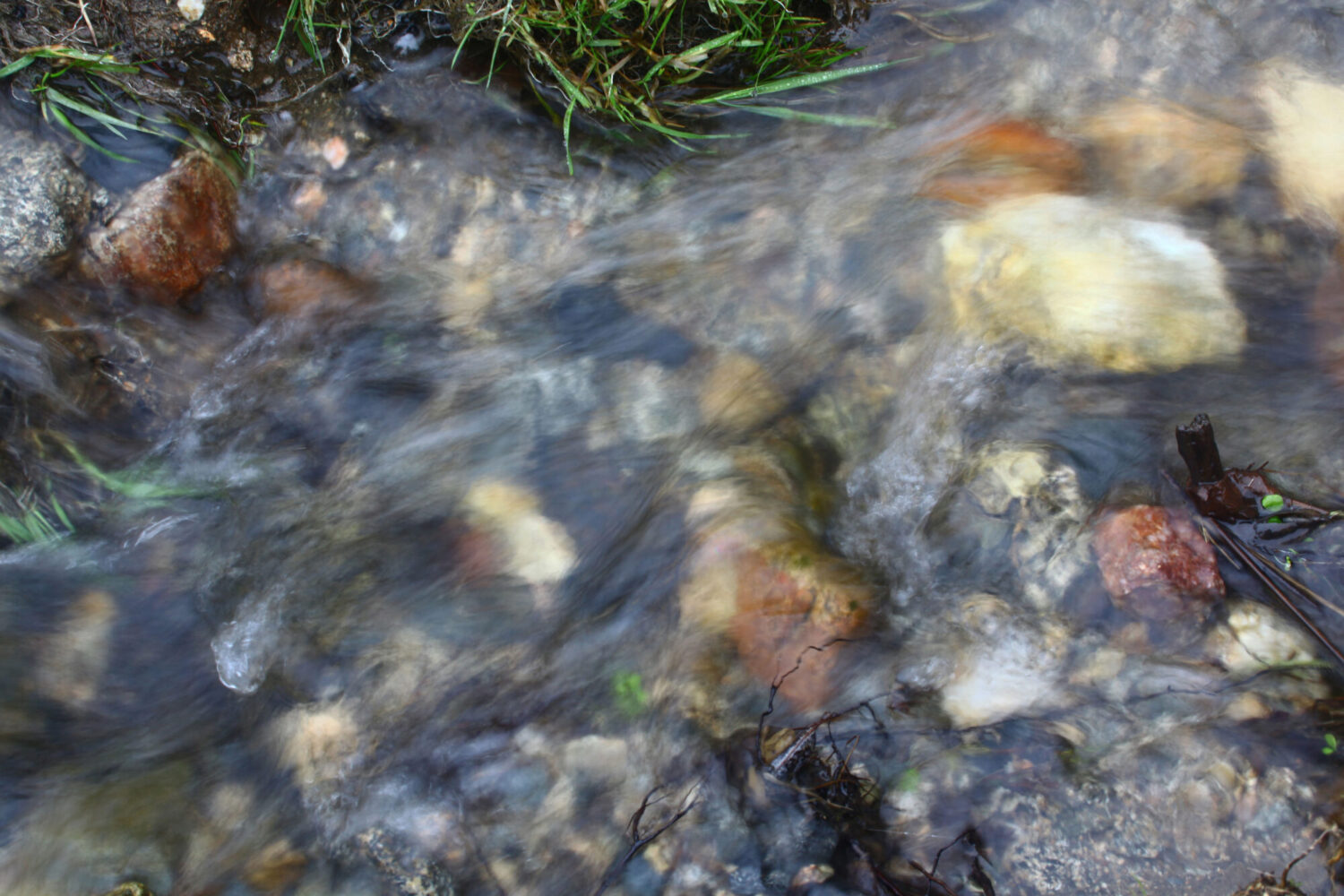
Photo: Shannon Switzer
After a successful 2023, California Coastkeeper Alliance has big plans for protecting clean water in 2024. In particular, we are focused on addressing issues where the state has failed to enforce existing laws, prevent disproportionate impacts to environmental justice communities, and protect aquatic and marine life from climate change. We are tired of the empty promises by our government agencies to ensure all Californians have access to swimmable, drinkable, and fishable waters. The lack of accountability only perpetuates the status quo, and the status quo is untenable for Californians. Due to the Governor’s politics, limited state resources, and the lack of commitment by the state to hold polluters accountable, CCKA has no choice but to step-in and do the job of our state regulators to ensure fishable, swimmable, and drinkable waters for all Californians. Here are our top priorities for the coming year:
- Protect California’s communities of color from the state’s failure to deter ongoing agricultural pollution. Despite handwringing from Governor Newsom, the state continues to fail to address historic racism and the disproportionate impacts that agricultural regulations have on communities of color. For decades, California has allowed farmers to excessively over-apply fertilizer to land, which poisons local communities’ drinking water. In 2023, the state stripped the first and only agricultural permit with requirements for farmers to apply a responsible amount of fertilizer to their crops.
- Provide all Californians with safe access to inland waterways. For decades, the Coastal Commission has ensured public beach access to largely white, affluent communities along the coast. Yet the same attention to safe public access is not provided to inland waterways – where communities tend to be low-income and/or communities of color. Unfortunately, many inland waterways are difficult to access, with little monitoring and communication about whether it’s safe to swim.
- Hold polluters accountable for degrading California’s most pristine coastal habitats. Nearly 50 years ago, the state set water quality protections that prohibited polluted runoff into pristine ocean areas off the California coast. But in 2012, the state provided an exemption allowing stormwater pollution in these areas. Now, more than ten years after the exemptions were granted, we are witnessing widespread pollution while the state turns a blind eye.
- Secure surface flow standards to protect aquatic life and preserve cultural practices tied to the health of our rivers. Our state’s failure to protect water flows for healthy rivers and fish has hastened the over-appropriation of water from rivers and streams, resulting in the demise of endangered species such as Coho and Chinook salmon and steelhead trout. It is time the state met its decades-long promise to establish minimum instream flow standards.
- Develop state law backstops to address threats to the Clean Water Act created by a conservative U.S. Supreme Court decision (Sackett v. EPA). Last year, the U.S. Supreme Court decided in the Sackett v. EPA case to severely limit the Clean Water Act’s jurisdiction. This will create significant obstacles for protecting clean water in most California communities unless the state develops the necessary backstops to prevent significant backsliding of clean water protections.
- Provide state agencies with the necessary tools to manage the state’s water rights. California’s water rights system was built in a different time for a different purpose. In the 1800s, gold miners set the state’s water rights system with the simple rule of first in time, first in right to stake their claims to potential gold deposits and the water they used to mine. Those historic water rights held before 1914 are largely exempt from any state regulation, and today, you don’t even need a permit to exercise a pre-1914 water right. We need to adapt and modernize how we approach water in the state.
- Establish a statewide Commercial Stormwater Permit to address unregulated stormwater pollution. The state has failed to regulate stormwater pollution from commercial properties, leaving an unfair playing field for other responsible parties like industrial and municipal stormwater permittees. Commercial sites amass pollution from every car that uses their parking lots and are major contributors of pollutants such as heavy metals (copper, zinc, lead), oil, and grease, yet commercial facilities are allowed to discharge their pollution to communities with impunity.
- Prevent ocean acidification dead zones and toxic algae blooms. Despite the overwhelming science demonstrating that nutrients discharged from wastewater facilities, farms, and dairies are causing ocean dead zones and toxic algae blooms, the state continues to drag its feet to set nutrient water quality standards and stop polluters from creating these dead zones.
- Protect stream flows from excessive groundwater pumping. The state and local governments have historically failed to acknowledge the interconnection of surface and ground waters. Counties give out permits to pump groundwater with impunity, lacking any oversight to protect surface flows. To-date, California’s Groundwater Sustainable Groundwater Management Act has failed to ensure groundwater management adequately protects streams from being depleted. CCKA will enforce existing public trust laws, analyze the need for counties to better protect streams when issuing groundwater pumping permits, and watchdog the government’s approval of Groundwater Sustainability Plans.
- Save California salmon and steelhead from 6PPD exposure caused by tire-wear from highways. 6PPD is a chemical used in motor vehicle tires. Once tire particles coated in this chemical wash into the environment, 6PPD and its reaction product, 6PPD-q, interact with salmonids and compromise their blood-brain barriers, killing or severely injuring exposed fish within hours. Due to the ubiquity and toxicity of this chemical, it is imperative that California control both the source and pollution pathways for 6PPD and 6PPD-q.

Executive Director Sean Bothwell leads CCKA’s initiatives to fight for swimmable, fishable, and drinkable waters for all Californians.



